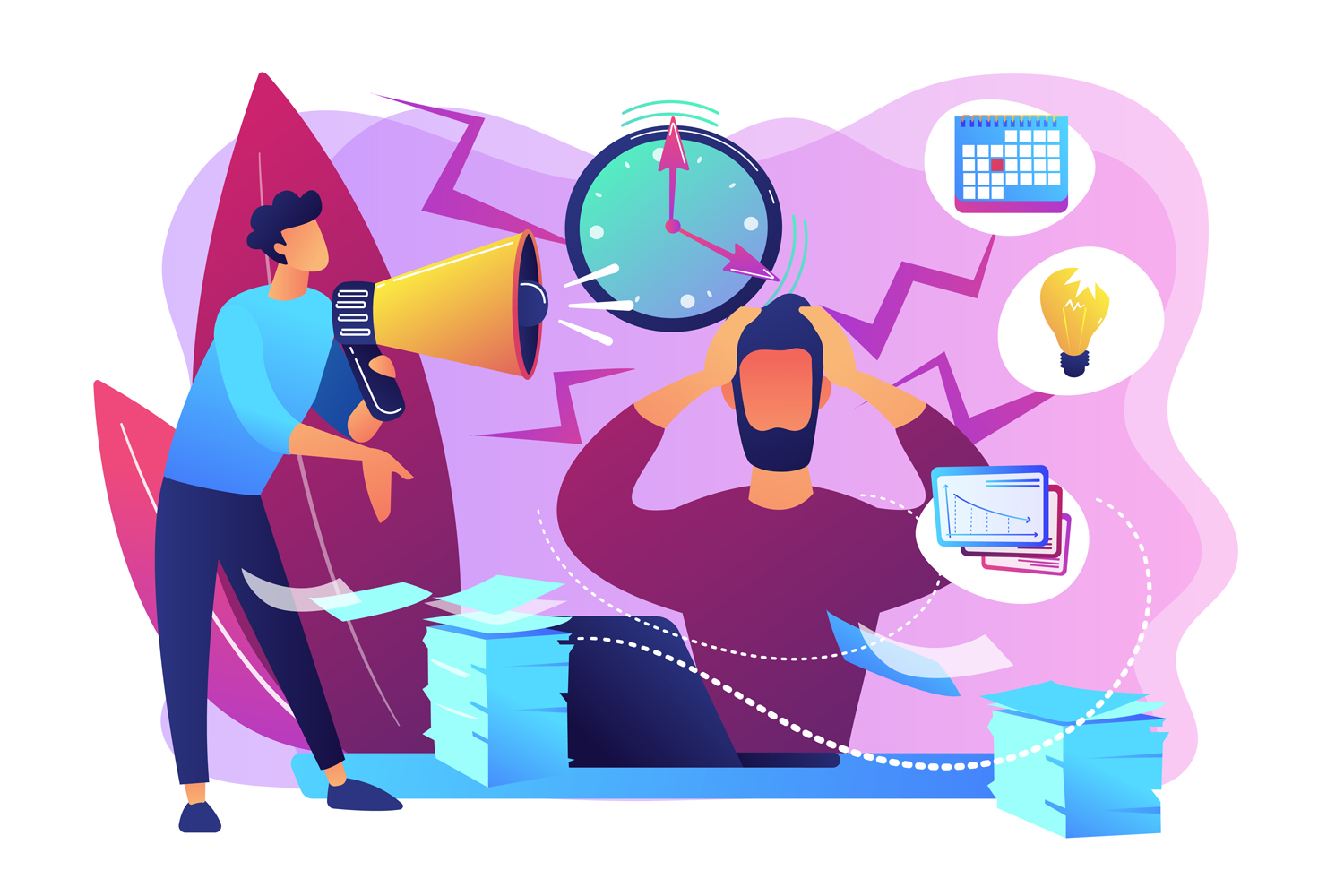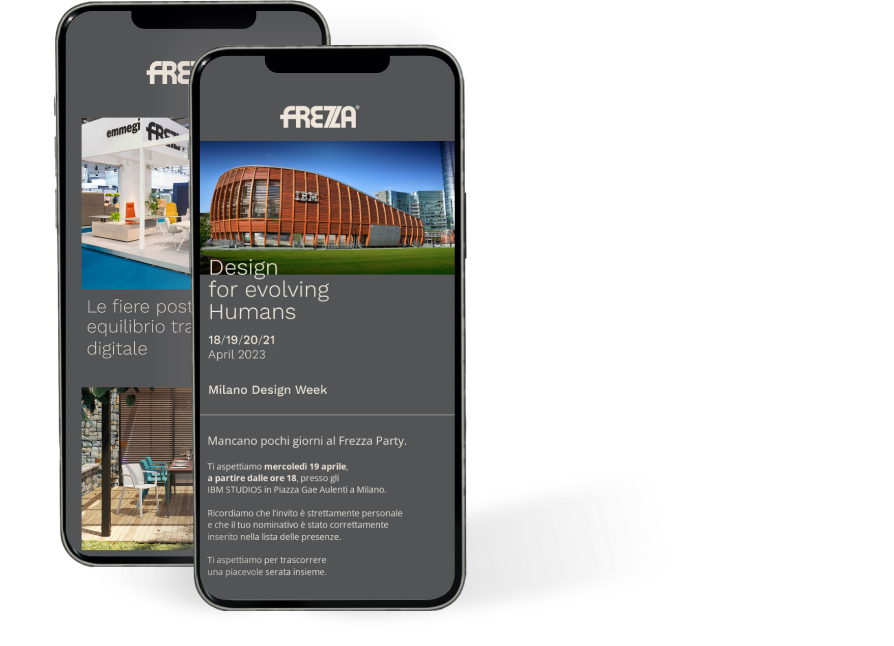Burnout, anxiety and stress at work, is now officially an “occupational phenomenon” but “not an illness”. This is as stated by the World Health Organization (WHO) which included ‘burnout‘ in the new version of the 11th International Classification of Diseases (ICD-11). In the document, the syndrome is included in the chapter of “factors influencing health status”, since it can have real physical consequences, like chronic fatigue. Stress is not the same for everyone and each person reacts to it differently. It is not always negative because if we manage it well, it helps us to be productive and happy, but if we manage it badly, it can damage us.
Various forms of stress may present, from a cynical attitude towards work to emotional distancing from it. Another consequence is the loss, albeit temporary, of creativity, with punishing deadlines or work overload also to blame. According to a study carried out by the Harvard Business Review in 2002, individual ability for creative thought decreases as work pressure increases.
Tension is different from pressure
Tension represents an adrenal state, like when the night before an important event, you feel tense but focussed. Charged up and determined to achieve your goal and be successful.
At work, tension is a stimulus, an incentive for production, a driver of creativity. Pressure is instead the constant and continuous emotional burden loaded upon us.
Creative block
When you get a creative block, working out or planning something associated with creative activities becomes apathy.
That makes you even more stressed because you cannot create what you want and how you want it. You enter a vicious circle that you can’t break out of until the factors causing the creative block are removed.
How do you start being creative again?
Firstly, you need to distance yourself from the situation and try to stop yourself from being debilitated by the fear of failure. When you become aware of this, you can take a more direct approach.
From focussed thinking to diffuse thinking
Experts in the field refer to the existence of two complementary states of thinking: focussed thinking where you focus totally on the task in hand with no distractions, and diffuse thinking where you let your mind run “free”.
According to Elizabeth Grace Saunders, an expert in time management and coaching, to unblock creativity you have to adopt diffuse thinking, which allows the mind to establish connections between different thoughts, creating new ones.
What activities are necessary for this to happen?
5 tips for rediscovering creativity under pressure
-
- Take a break – A simple and perhaps obvious tip.
Even a coffee will do, but the best activities are still being able to take a walk in the open air or treat yourselves to a few minutes of meditation.
If you work in an open plan office, just getting away from colleagues’ voices is enough. Office furniture like pods and a few armchairs are conceived and designed so you can isolate yourself and benefit from mental peace. - Avoid multi-tasking – Doing too many things at the same time does not mean you’re doing them well. Focus on one activity related to creativity, leaving your mind to explore new synapses.
- Create your “happy place” – If you are working remote, it should not be difficult to find it, especially for digital nomads” who can interact wherever they are. In the office, the issue is more delicate, but not unattainable.
Putting a few small personal knick-knacks on your desk may be useful (if company policy allows it), as is temporarily choosing a space within the company that allows you to relax or inspires diffuse thinking. - Let yourself be inspired – Review the material of an old project, check how your favourite brands are moving within the market, spend a few minutes reading a specialist blog. A flash of inspiration can strike at any moment.
- Collaborate – Brainstorming with colleagues often manages to unblock creativity easily: this is why meetings, physical or virtual, are important in the work group. Share your thoughts, listen and try to move things one step forward: your project will benefit from it.
And if all this is not enough? Maybe it’s time to take a holiday!
- Take a break – A simple and perhaps obvious tip.

